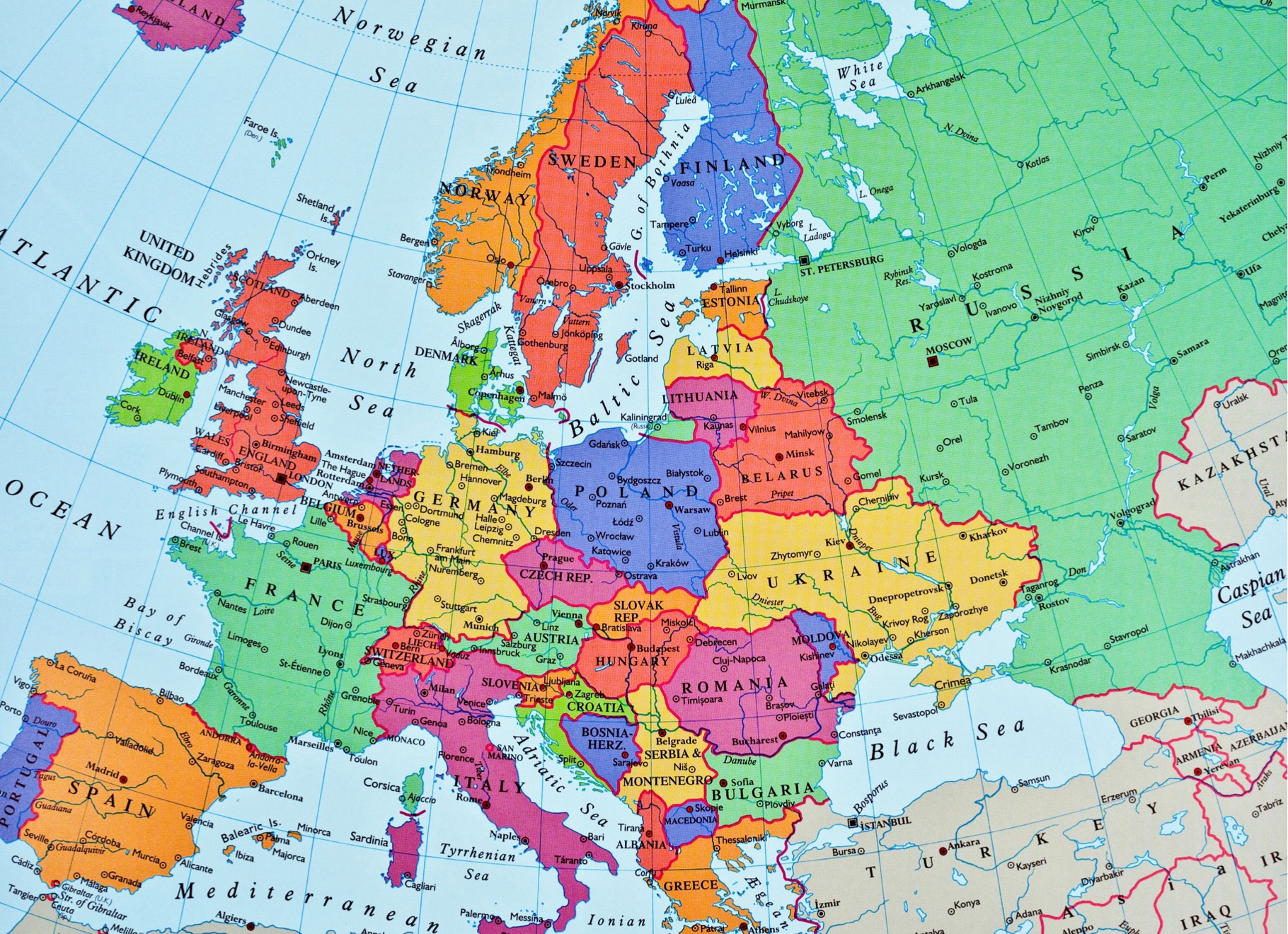Geopolitical unrest, like military or economic conflicts, is one of the many risks that can affect the stock market. Such events are not new and have occurred many times over the course of the last several decades. Our investment approach centers on using information in current market prices rather than trying to outguess them. We believe the most effective way to mitigate the risk of unexpected events is through broad diversification and a flexible investment process. This philosophy also applies to other crises, like natural disasters, social unrest and pandemics.
But, in contrast to other crises, geopolitical events sometimes lead to restrictions in an investor’s ability to trade in specific stocks or certain exchanges. This can occur through government sanctions. In addition to the government sanctions that have been levied in response to the events occurring in Ukraine, we are seeing corporations in the US and around the globe take unprecedented actions to remove or restrict their business activities in Russia. The list of companies (including Apple, Shell, Oracle, Netflix, Boeing and Mercedes-Benz) is growing by the day, as corporations halt business in Russia and stop selling their products and services within the country.
One question on many investor’s minds in recent days is: what type of exposure do we have to Russian companies within our investment portfolios?
The investment firms with whom we partner are actively monitoring the rapidly evolving situation. Previously, back in 2014 after the annexation of Crimea, there was a reduction in exposure to Russian companies in the Emerging Markets investment funds we use. More
recently, in January of 2022, further purchases of Russian companies were all halted given the rising risks of sanctions on Russia from the US and other nations.
As of just a few days ago, the amount of exposure to Russian companies within the portfolios we manage ranges from 0.002% – 0.025% depending on the overall allocation to stocks and bonds. What this means is that your actual exposure to and potential ownership of Russian companies within your investment portfolio is so small that it is essentially a “rounding error” just above zero.
We remain very confident that the investment philosophy and strategy we have in place continues to be the best path towards long-term investment success. As always, please feel free to reach out to us with any questions or concerns.
Kind regards,
Your Stone Pine Team




